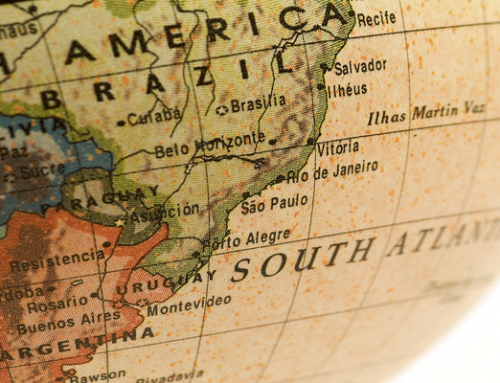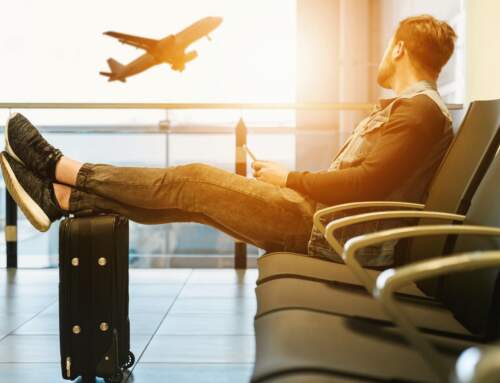1. Know before you go: Government
Research destinations and ask yourself the following question: What are the main dangers of the country or countries that I will be visiting? Crime, natural disasters, health issues and political instability are all things to be considered. Study www.fco.gov.uk or www.smarttraveller.gov.au both great resources for travelers. Time spent planning and preparing is never wasted. Don’t just look at the country but specifically at where you will be, region, city and town.
2. Know a bit more before you go: Commercial
Research your destinations using commercial websites, interact on chat forums, advice pages and blogs. The websites www.lonelyplanet and www.bootsnall.com are great sources of information. Learn from others mistakes and experiences.
3. Minimize risk
List the main dangers you have found from your research in points 1 and 2 and then ask yourself one further question: How can I minimize these risks? It is not just identification of risks that’s important. Learning how to react accordingly is vital. Professionals in all industries train constantly for what may happen, it should be the same for emergency preparedness when traveling. Consider taking a travel safety course.
4. Check insurance
Insurance may cost money that you don’t think you can afford, but believe me, when you need it you will be glad you opted for it. Medical evacuation costs especially in more remote environments that you may find yourself in can easily reach into the hundreds of thousand of dollars. Check the small print over and over again and if in doubt check again.
5. Learn first aid
Off the beaten track travelers may find themselves in medical and first aid situations that they have to deal with themselves. Being able to care for yourself, friends and colleagues can significantly increase chances of survival in times of extremis. Learning how to identify, prevent or treat the basics such as heat illness, travelers diarrhea and mosquito borne diseases are extremely important. Other life saving skills such as CPR and hemorrhage control should also be considered, especially if exploring in remote environments. Consider taking a first aid course or at a minimum learning the basics prior to travel.
6. Be Grey
Blend into your environment. On our travel safety course we call this ‘being grey’ and this principal focuses on not standing out unnecessarily. What we mean is try and do what the locals do. Learn the culture, customs, gestures and basic language. It is amazing how saying the basics of hello and thank you in the native tongue can help considerably. When volunteering this is especially important, it will endear you to the locals. Consider yourself as guests of the country or region and act accordingly
7. Be patient
This is an underrated piece of advice. Traveling is all about getting to know the locals, seeing new things, experiencing new adventures and having the time of your lives. If one is patient, polite and generally nice then life just goes so much smoother. With patience, comes the ability to put up with perceived rudeness, inefficiency, delays, corruption and a whole variety of things that as travelers or volunteers we may not be accustomed too. Things are done differently in different places, with patience we learn and we adapt.
8. Smile
If you are kind to people then 90% of the time they will reciprocate. You smile they will smile back, if you are nice, they will also be nice. This opens so many doors to a volunteer, meeting people, learning about secret local spots off the beaten track, meals with kind strangers and a host of other great experiences that come from interacting and being nice.
9. Never switch off
This is important especially because of the last two entries. Even though we will be patient, kind and nice we must at no times lose our situational awareness. That means never switching off your risk analysis. We should never walk around with our head in the clouds. It is vital to be aware of our surroundings at all times, to scan for danger and analyze risks constantly. This comes back to point 3. Minimize risk, through preparation, either by training or planning one should learn how to identify threats early.
10. Always wear a seatbelt
One of the biggest risks to travelers in foreign countries is vehicular accident. Even when on a bus, wear a seatbelt. There are many other risks related with transportation. Buses, trains, boats, rickshaws, mopeds all have a huge list of inherent risks associated to their use. Research and prepare, but whatever you do always wear that seatbelt.
This is just a basic list of tips that will help you stay safe whilst traveling abroad. Travel safety and security is a huge topic and one with many variables and standpoints. If you have any questions or queries jump on Explorer travel Security Facebook page and ask us. Or utilize our E-learning travel safety brief by visiting this link.






